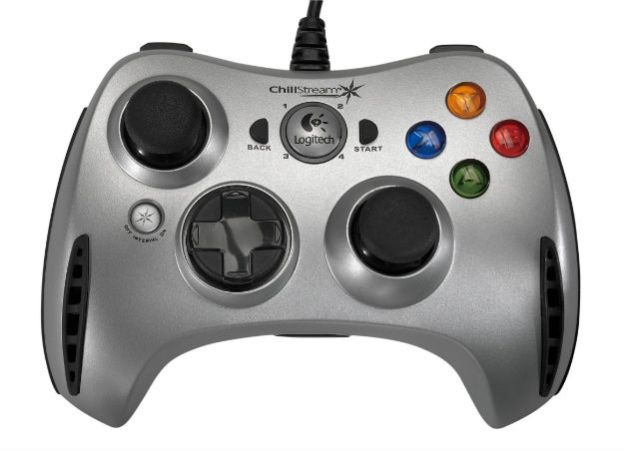
Logitech, the 31-year-old technology company best known for its long line of keyboards, mice, speakers, and headsets for personal computers, is sick and tired of the video game console business. It’s never been a workhorse like Nyko or Mad Catz, nor an enthusiast favorite like Power A, and it can’t match specialists like Turtle Beach. After one last miserable holiday quarter, Logitech has declared that it’s getting out of the video game console business for good.
During a Wednesday night conference call reporting its earnings for the holiday quarter that ended in December, Logitech CEO Bracken P. Darrell said that to slow the company’s financial downward slide, it’s getting out of certain markets, starting with game console accessories.
“We have identified a number of product categories that no longer fit with our current strategic direction,” said Darrell, “As a result, we have initiated the process to divest our remote controls and digital video security categories, and we plan to discontinue other non-strategic products such as speaker docks and console gaming peripherals, by the end of Calendar Year 2013.”
Logitech’s sales crumbled over the period, down 14 percent year-over-year to just $615 million. The primary cause is the ongoing contraction of the PC market. The average person is using their gadget money on smartphones and tablets, not new laptops and desktops. Like many companies, the failure of Windows 8 to ignite the PC market took its toll on Logitech. Console game accessories have historically been a good way to bolster fluctuations in the PC gear market, but Logitech was hit on both fronts in 2012, as the game console market contracted almost as severely as the PC market.
As reported by the NPD group earlier this month, sales for the entire video game retail market fell 22 percent in 2012, coming to just $13.26 billion. Game makers are weathering this storm, as the exodus of players to digital distribution platforms means that more small developers have access to bigger audiences. For console makers and especially companies in the accessories business, 2012 was a tough year. Some accessory makers performed well, particularly Activision, thanks to the popularity of the Skylanders toy line. Mad Catz also saw promising sales growth at the end of 2012. Logitech did not.


